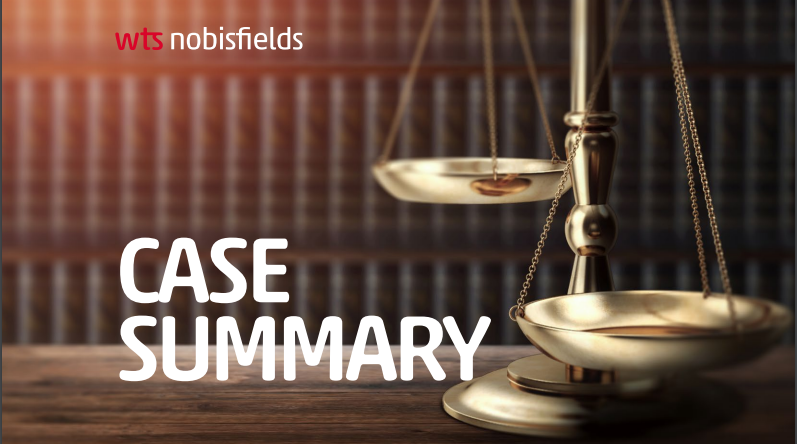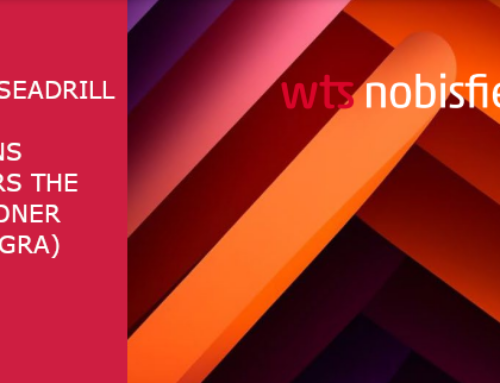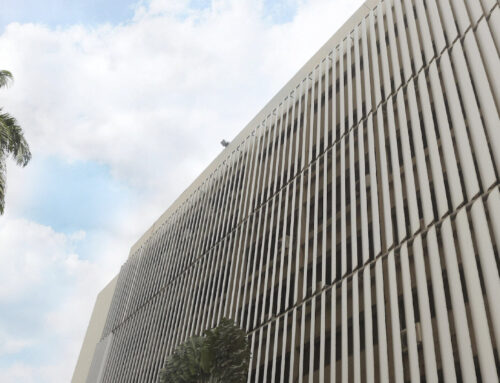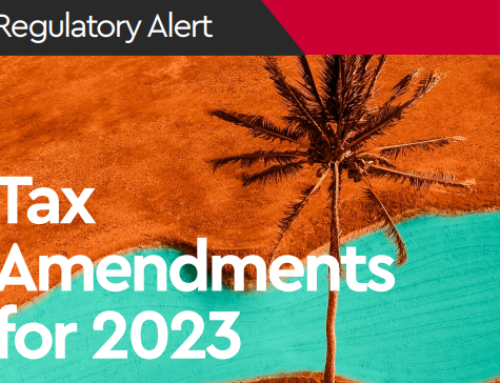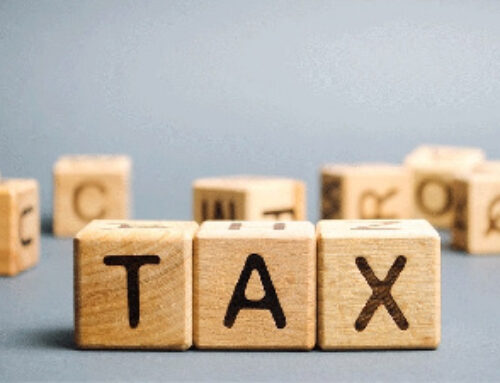BACKGROUND
This case is an application filed by Afia African Village Limited (AAVL) “Applicant” seeking to invoke the supervisory jurisdiction of the Supreme Court to quash the ruling of the High Court. The High Court, on the 2nd day of November 2019 had dismissed the Applicant’s application seeking for an order of mandamus against the Ghana Revenue Authority (GRA) “Interested Party” to compel the latter to refund GHC 2,116,679.78 which had been deducted from payments made to the Applicant as compensation for the compulsory acquisition of its property by the State. Afia Beach Hotel including a vast parcel of land owned by the AAVL was compulsorily acquired by the state in April 2016 for the Marine Drive Investment Project. A sum of Forty-Five Million Two Hundred and Twenty-Two Thousand, Three Hundred and Ninety-Seven Ghana Cedis (GHC45, 222,397) was agreed by the parties as compensation to be paid to the Applicant. The agreed amount was to be paid in tranches. When the Ministry of Tourism, being the implementing Ministry for the Marine Drive Investment Project, instructed the Controller and
Accountant-General (“CAGD”) to pay the last tranche totaling GHC5,222,397.00 to the Applicant, the CAGD withheld an amount of GHC 2,116,679.78 as tax and paid the balance of GHC3,105,717.22 to AAVL.
AAVL thus drew the attention of the Ministry of Tourism to the anomaly and further wrote a letter to the GRA to refund the deducted amount but the GRA refused the request. Based upon the refusal, AAVL applied to the High Court for an order of Mandamus against GRA for a refund of the said amount on grounds that the GRA owes a duty to refund the said amount under Section 69 of the Revenue Administration Act, 2016 (Act 915) or any other tax law.
The GRA opposed the application on grounds that:
1. the payment to AAVL was validly withheld because it was subject to Capital Gains Tax.
2. AAVL was unable to show that the GRA was under an existing and unquestioned obligatory duty under statute or otherwise to refund the amount in dispute.
3. the existence of a refund account under Section 69 of the Act 915 did not mean that AAVL had sufficiently demonstrated to either GRA or the High Court that it was deserving of a refund of the tax paid.
The GRA also maintained in its arguments to the court that per section 41 of the Act 915, the decision to withhold the sum in dispute as capital gains tax is a tax decision and therefore if AAVL had reason to challenge the decision, it ought to have done so through the dispute resolution mechanism provided under the Act 915 (as amended) and not by an application for an order of mandamus hence the High Court lacked jurisdiction to entertain the matter.
TAX DECISION
A “tax decision” is defined Revenue Administration Act, 2016 (Act 915) section 41(1) as a decision by the Commissioner – General under a tax law, including an assessment or omission, but does not include
a. a practice note, class ruling, or private ruling,
b. a decision or omission to issue, refuse or revoke a practice note, class ruling or private ruling;
c. a decision or omission that affects a person only as a tax officer or employee or agent of the
Authority;
d. a decision or omission of the Commissioner-General including an objection decision under section 43 of Act 915; or
e. a decision to compound an office under a tax law.
DECISION OF THE HIGH COURT
The High court dismissed the application for mandamus based on the following reasons:
a. That AAVL was unable to show that GRA had an existing and unquestioned obligatory duty under statute or otherwise to refund the amount in dispute which it has failed to do.
b. That the procedure adopted by AAVL in invoking the jurisdiction of the High Court was improper
It is based on this ruling of the court that AAVL brought an application to the Supreme Court for an
order for certiorari, essentially to quash the decision of the High Court.
APPLICATION TO THE SUPREME COURT
AAVL in an application to the Supreme Court sought to invoke the supervisory powers of the Supreme Court to quash the decision of the High Court. The issue complained of by AAVL was that the High Court Judge on the face of the record erred in law when she held that GRA did not have an existing and obligatory duty under statute or otherwise to refund amounts wrongfully paid to it as tax
DECISION OF THE SUPREME COURT
The Supreme Court unanimously affirmed the decision of the High Court and dismissed the application for certiorari. It held that the AAVL’s case hinged on Section 69 (1) of Act 915 (as amended), which section created an account into which a maximum of six percent of total revenue was paid and administered by the Commissioner- General for refunds under the Act and under any other tax law. AAVL simply pointed to this provision to support its claim that GRA was under an obligation to refund the monies withheld.
The Court disagreed and stated that simply referring to this section was not sufficient ground for the applicant to succeed, on an order of mandamus. Moreover, AAVL having earned an income or gained from the compensation paid to it was required to pay capital gains tax under Section 5 of the Income Tax Act, 2015 (Act 896). Hence, GRA was legally justified in withholding the tax on the balance of the compensation paid. The Court also agreed with the interested party that under Section 42 and 44 of Act 915 (as amended), the decision to withhold the amount deducted was a tax decision and AAVL being dissatisfied with the decision should have lodged an objection with the Commissioner-General in line with the dispute resolution provisions of the Act. However, AAVL did not follow those provisions and instead mounted an action for an order of mandamus for GRA to refund the deducted amount Therefore, since the High Court’s jurisdiction under Act 915 had not been properly invoked, it was right in dismissing the application. As a result, the application to invoke the Supreme Court’s supervisory jurisdiction to quash the decision of the High Court had no merit and was dismissed.
CONCLUSION
The Supreme Court maintained, as it has done in so many other cases, that where a statute has provided a right with remedies and also prescribed the procedure for redress, it is that prescribed procedure which must be followed. Thus, in this case, AAVL used the wrong approach in seeking for redress. Since the action complained of by AAVL against GRA was primarily a tax decision, the procedure prescribed in Act 915 (as amended) ought to have been followed before AAVL invoked the jurisdiction of the High Court.
Take aways
1. Any decision taking by the Ghana Revenue Authority to exact tax on monies gained by an entity or individual is a tax decision.
2. An objection to a tax decision should be made to the Commissioner-General of the Ghana Revenue Authority in accordance with the provisions provided for in the Revenue Administration Act 2016 (Act 915) (as amended)
3. The Courts do not have jurisdiction to entertain, at first instance, disputes arising out of a tax decision taken by the Ghana Revenue Authority.
4. In accordance with the provisions of the Income Tax Act, 2015 (Act 896) a person is required to pay tax on monies received as compensation.
